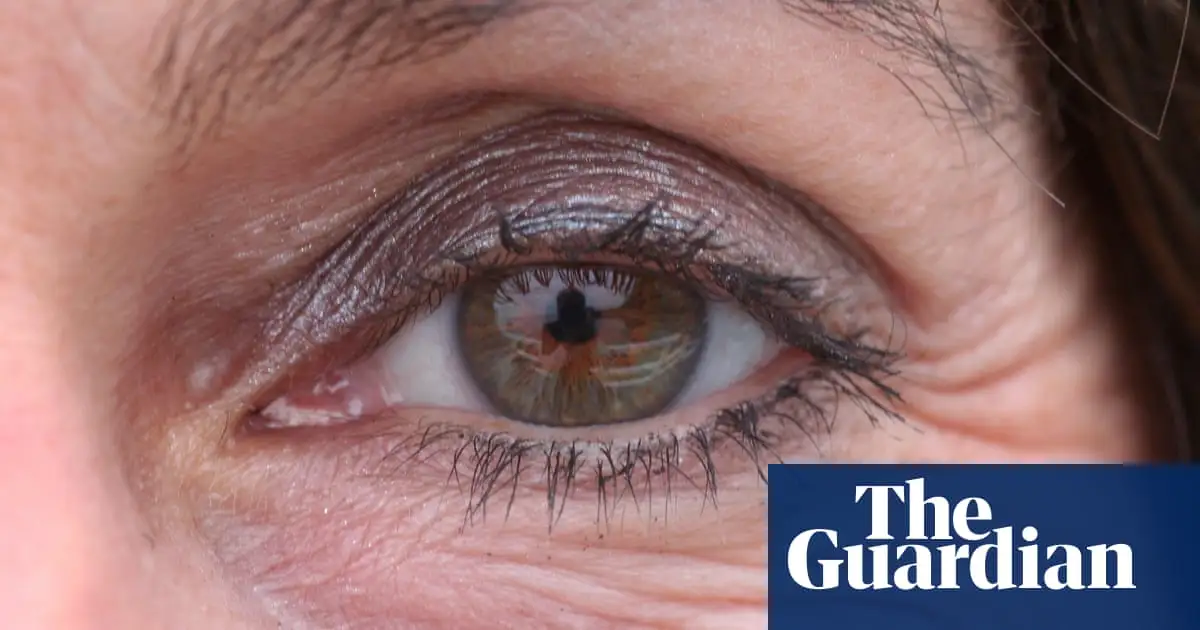If you have noticed a sudden accumulation of wrinkles, aches and pains or a general sensation of having grown older almost overnight, there may be a scientific explanation. Research suggests that rather than being a slow and steady process, aging occurs in at least two accelerated bursts.
The study, which tracked thousands of different molecules in people aged 25 to 75, detected two major waves of age-related changes at around ages 44 and again at 60. The findings could explain why spikes in certain health issues including musculoskeletal problems and cardiovascular disease occur at certain ages.
“We’re not just changing gradually over time. There are some really dramatic changes,” said Prof Michael Snyder, a geneticist and director of the Center for Genomics and Personalized Medicine at Stanford University and senior author of the study.
“It turns out the mid-40s is a time of dramatic change, as is the early 60s – and that’s true no matter what class of molecules you look at.”
…



I understand sampling, but the sample doesn’t represent the human population. Do the same test to 108 in Okinawa or any other blue zone and watch the results be different.
That’s like only sampling the burger people and then concluding that most people like burgers.
Assuming that people are biologically different enough between these two areas that is, or some other localized cause of aging at these years. Which I don’t find particularly likely, but yes, it is an assumption
As always, bigger studies are desirable, but idk if it’s much of a criticism of studies. These are for a scientific audience, after all
You’re ignoring so many factors though. Lifestyle, diets, different genetic background, etc.
Would those make a difference, I don’t know. But science doesn’t operate by saying “we’ll just ignore all these possible variables and make an assumption.” Having a sample of people all from one US State then applying that to the entire world’s population is not good science.